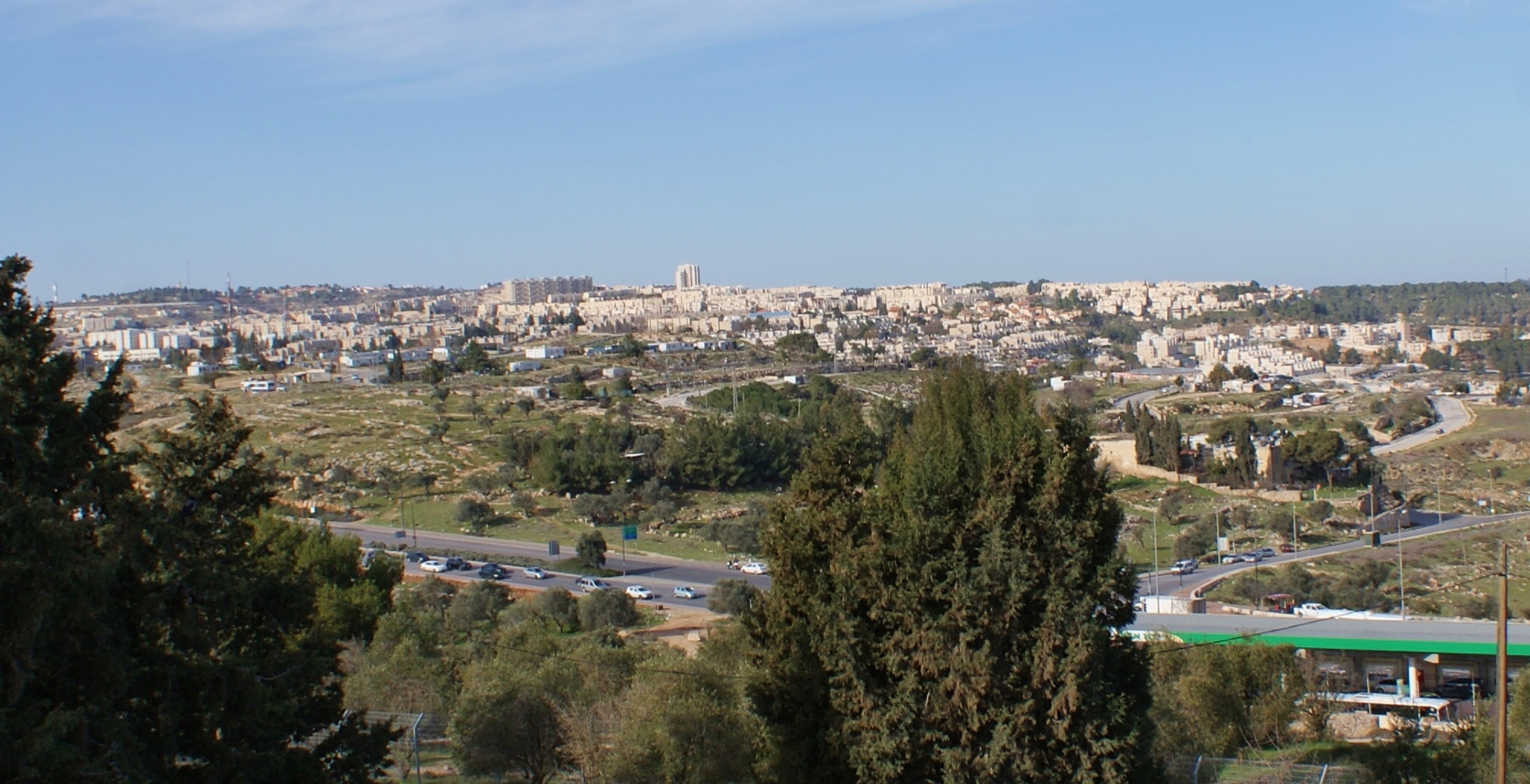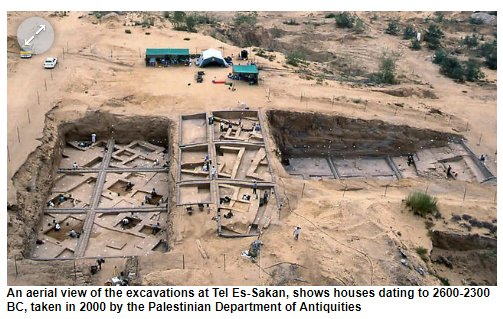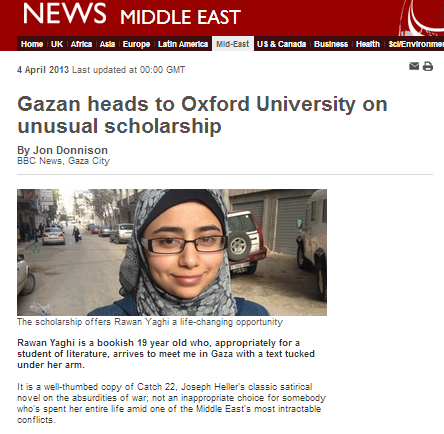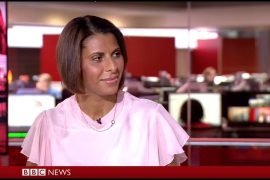For the past five years the BBC has been reporting on a proposed housing project in the south Jerusalem district of Givat HaMatos.

In December 2012 BBC audiences were told that:
“…on Wednesday, Jerusalem’s planning committee granted approval for 2,610 homes in a new settlement in East Jerusalem called Givat Hamatos – the first to be built in the area since 1997.”
And, quoting the EU:
“If implemented, these plans would jeopardise the possibility of a contiguous, sovereign, independent and viable Palestinian State and of Jerusalem as the future capital of both Israel and Palestine”.
In October 2014 the BBC told audiences that:
“Israel has been criticised this month for approving new settlement construction in Givat Hamatos neighbourhood in East Jerusalem”
Two months later, in December 2014, the BBC’s Tim Franks revisited the same story.
“When I was posted here a few years ago as Middle East correspondent, one of the dominant stories was over the expansion of Jewish settlements on territory which Israel had occupied in the aftermath of the 1967 war. Undesirable if not downright illegal, said the rest of the world. Israel, for its part, said that the status of the territory was a matter of dispute and in the meantime it needed a place for its burgeoning population to live. So much might be familiar but in the last couple of months the announcement of a big new building development in occupied East Jerusalem has been described as a game-changer and brought furious international criticism. Why?”
Audiences heard just one view on the topic from a representative of the political NGO ‘Ir Amim’ which has received funding from foreign sources – including from the EU.
In late January 2017 Tim Franks returned to the same location and BBC audiences again heard one view of the story; this time from the inadequately introduced founder of that same political NGO.
Franks: “This is Givat HaMatos – an area of scrubland really – on the outskirts of Jerusalem. Just a couple of kilometres behind me to the south is the Palestinian city of Bethlehem. And I’m here with a man called Danny Seidemann – he’s an Israeli attorney and specialist on the mapping of Jerusalem.”
Seidemann: “Givat HaMatos is pretty unique. It’s one of two or three schemes that we call a Doomsday settlement. These settlements are in and of themselves capable of making the two-state solution impossible.”
None of the BBC’s various reports on Givat Hamatos has informed audiences that part of the planned housing units have been ear-marked for Arab residents of the adjacent neighbourhood of Beit Safafa.
To date, not one brick has been laid in the proposed project on which the BBC has already produced four reports and the JCPA recently published a backgrounder that explains why that is the case.
“The plan to build a Jewish residential neighborhood in Givat Hamatos in southern Jerusalem was already approved by the Jerusalem District Planning and Building Committee in 2014. However, it has been frozen for four years.
Under pressure from the United States, Germany, and other European Union countries, the issuing of the construction tenders has been suspended time after time. […]
Germany is playing a central role in pressuring Israel not to build Givat Hamatos; other European countries oppose it as well. In October 2014 French Foreign Minister Laurent Fabius said the decision to build homes in Givat Hamatos threatened the two-state solution: “One cannot claim to support a solution and at the same time do things against without consequences being drawn.” In October 2017, the European Union requested clarifications from Israel about plans for housing units in Hamatos, saying that such building “is likely to harm severely the continuity and the existence of a future Palestinian state.””
While the views of representatives of an EU funded political NGO have been amplified in half of the BBC’s four reports on the story and the EU itself quoted in one other, audiences have not heard any alternative views whatsoever.
BBC editorial guidelines on impartiality state:
“We must apply due impartiality to all our subject matter. However, there are particular requirements for ‘controversial subjects’, whenever they occur in any output, including drama, entertainment and sport. […]
When dealing with ‘controversial subjects’, we must ensure a wide range of significant views and perspectives are given due weight and prominence, particularly when the controversy is active. Opinion should be clearly distinguished from fact.” [emphasis added]
Obviously BBC reporting on the proposed housing project in Givat HaMatos throughout the past five years has not complied with those guidelines. Rather, it has exclusively promoted monochrome framing of the story that has denied audiences access to information and perspectives that contradict the BBC’s chosen narrative.




